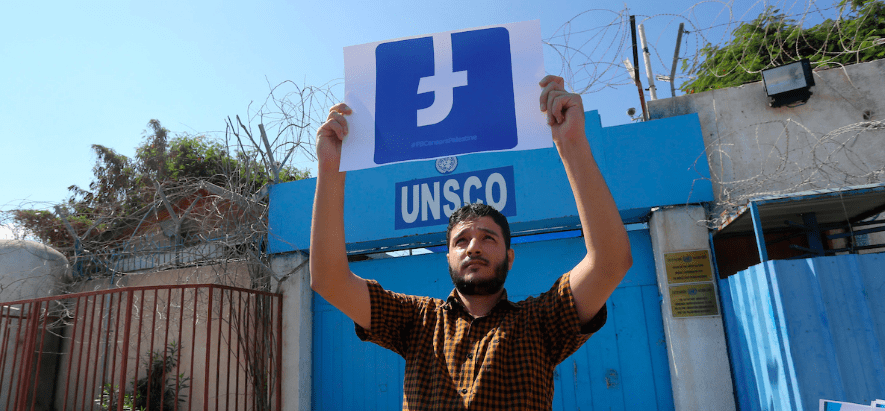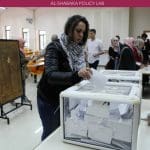
Palestinians are facing mounting digital censorship from all angles – from the Israeli government to the Palestinian Authority and Hamas. What are the implications of this growing trend, and what tools exist to fight back?
In this policy lab, analysts Marwa Fatafta and Nadim Nashif join host Nur Arafeh to discuss the threat against Palestinian digital rights and anchor it within the wider global trend of digital repression.
Marwa is a Palestinian writer, researcher and policy analyst based in Berlin. She leads Access Now’s work on digital rights in the Middle East and...
Nur Arafeh is a Fellow at the Malcolm H. Kerr Carnegie Middle East Center, in Washington DC, where her work focuses on the political economy...
Al-Shabaka Policy Member Nadim Nashif is the executive director and co-founder of 7amleh: The Arab Center for the Advancement of Social Media. Nadim is a committed...















